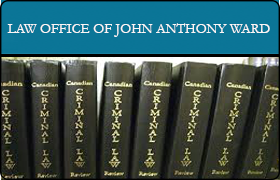 Kenosha County, WI Criminal Lawyers
Kenosha County, WI Criminal Lawyers
Sponsored Law Firm
-
 x
x

Click For More Info:
-
The Law Office of John Anthony Ward
3636 80th Street, Kenosha, WI 53142» view mapCriminal Defense Kenosha Criminal Lawyer
The investigators and prosecutors will work hard enough against you. Your attorney needs to be on your side throughout negotiations and trial. Contact John A. Ward
800-768-2901
Sponsored Lawyers
1-3 of 3 matches
Criminal, Bankruptcy & Debt, Estate, Divorce & Family Law, DUI-DWI
Some lawyers focus on plea bargaining. Others concentrate on mediation. At the office of John Anthony Ward, Attorney at Law, we are not afraid of a fight. For 24 years, we have zealously protected our clients' interests in southeastern Wisconsin, northern Illinois, and Federal courtrooms. When your future depends on the outcome of your legal case, it is important to have a dedicated lawyer in your corner. We will take the time to understand your goals and tailor our services to meet your needs in the most cost-effective way.
(more)



 John A. Ward Kenosha, WI
John A. Ward Kenosha, WI AboutJohn A. Ward
AboutJohn A. Ward Practice AreasServices
Practice AreasServices

